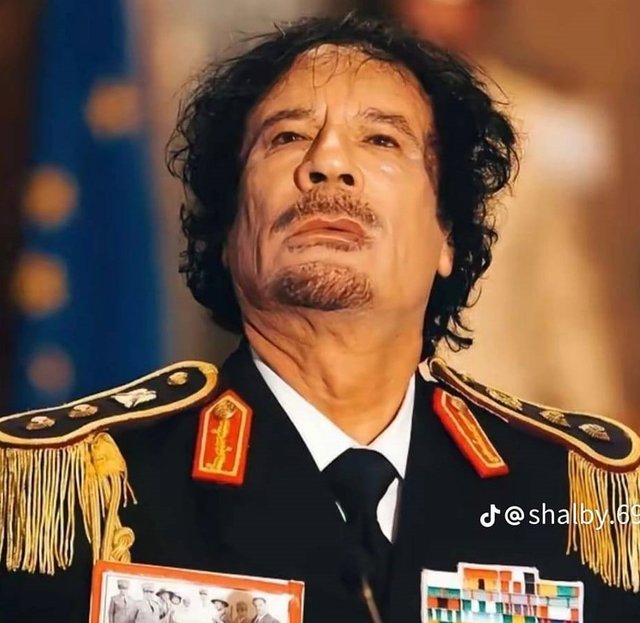Muammar Gaddafi From the Coup to the Revolution
Muammar Gaddafi was born on June 19, 1942, in Sirte, Libya. His father was a teacher and his mother was a housewife. Gaddafi studied at the University of Benghazi where he earned a degree in law
In 1969, Gaddafi led a military coup that overthrew King Idris al-Sanussi and made Libya a republic He took the title of Leader of the Revolution and served as chairman of the Revolutionary Command Council until 1977.
In 1977, Gaddafi declared Libya the first "Jamahiriya" in the world He introduced the new Jamahiriya system of government which aimed to achieve equality and social justice
Gaddafi was a controversial political figure He was a strong supporter of Arab nationalism and an opponent of Western capitalism He was also accused of human rights abuses including political repression and torture
In 2011, a revolution erupted in Libya against Gaddafi's rule The revolution was supported by NATO which launched airstrikes against Gaddafi's forces
On October 20, 2011, Gaddafi was killed in Sirte his hometown He was 69 years old
Gaddafi ruled Libya for 42 years, the longest tenure of any Libyan leader His impact on the country was profound both positive and negative
Gaddafi will remain a controversial figure for years to come
The Coup
In 1969, Muammar Gaddafi was a young officer in the Libyan Army. He belonged to a group of young officers who were dissatisfied with the monarchy in Libya
On September 1, 1969, Gaddafi and a group of officers led a military coup that overthrew King Idris al-Sanussi Gaddafi declared himself leader of the revolution and chairman of the Revolutionary Command Council
Gaddafi's goal was to create a socialist state in Libya He wanted to eliminate the corruption and social injustice that was prevalent under King Idris
The Jamahiriya
In 1977, Gaddafi declared Libya the first Jamahiriya in the world The new Jamahiriya system of government aimed to achieve equality and social justice
Under the Jamahiriya system political parties and all traditional state institutions were abolished They were replaced by a new system based on popular councils
The popular councils were the governing bodies in Libya. They were responsible for making all decisions pertaining to the country's affairs
Foreign Policy
Gaddafi was a controversial political figure He was a strong supporter of Arab nationalism and an opponent of Western capitalism
Gaddafi was also an opponent of the United States He believed that the United States was a colonial power that was seeking to dominate the Arab world
Libya was also home to many terrorist organizations such as the Palestine Liberation Organization and Hezbollah
Human Rights Abuses
Gaddafi was accused of human rights abuses including political repression and torture
In 1992, the United Nations imposed sanctions on Libya for its support of terrorism
The Revolution
In 2011, a revolution erupted in Libya against Gaddafi's rule The revolution was supported by NATO which launched airstrikes against Gaddafi's forces
On October 20, 2011, Gaddafi was killed in Sirte his hometown He was 69 years old
The Aftermath
Gaddafi's fall was a significant event in Libya's history It ended 42 years of authoritarian rule.
However, Libya is still struggling with political instability. A strong democratic government has not yet been established in the country
Assessment
Muammar Gaddafi was a controversial figure He had a profound impact on Libya, both positive and negative
Positive Impact
Gaddafi introduced many social reforms in Libya such as free education and healthcare for all citizens
He also played a role in promoting Arab unity and solidarity
Negative Impact
Gaddafi's rule was characterized by repression and human rights abuses
He also supported terrorism and other destabilizing activities
Gaddafi's legacy is complex and will continue to be debated for years to come
